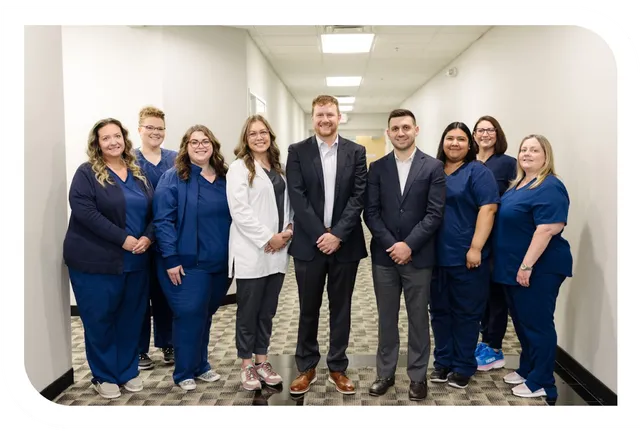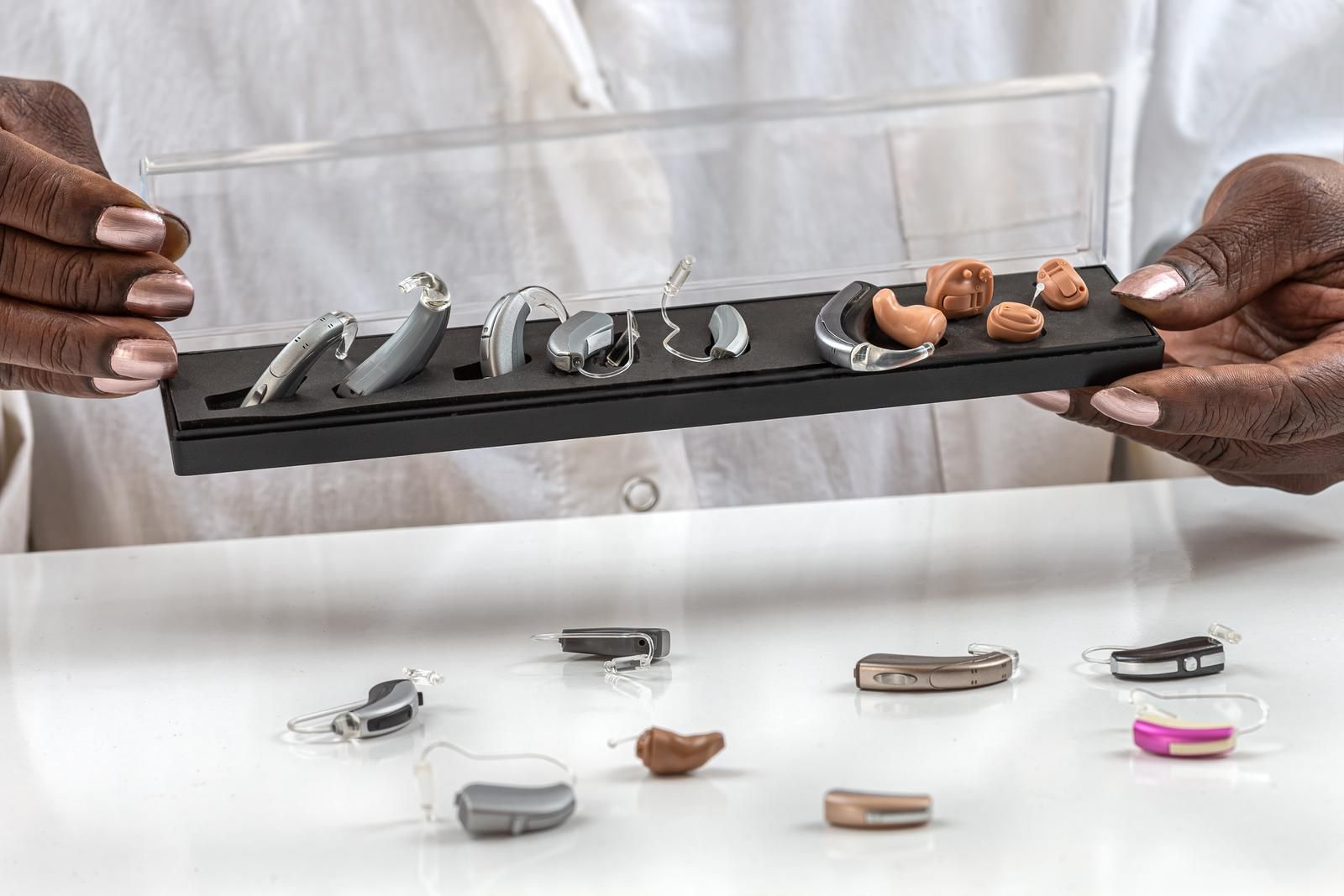What to Know About Chronic Sinusitis and Eustachian Tube Dysfunction
Do you feel like you’re constantly battling congestion, ear pressure, or facial pain? You might be dealing with chronic sinusitis, Eustachian tube dysfunction (ETD), or both. While these conditions share similar symptoms, they affect different parts of your head and require slightly different treatments. We’ll look at how to differentiate the two and what you can do to alleviate your symptoms.
What Is Chronic Sinusitis?
Chronic sinusitis occurs when the sinuses (hollow spaces behind your cheeks, nose, and forehead) stay inflamed for 12 weeks or longer.
Common Symptoms:
- Persistent nasal congestion
- Thick yellow or green mucus
- Facial pressure or pain (especially around cheeks/forehead)
- Reduced sense of smell
- Post-nasal drip (mucus dripping down the throat)
Main Causes:
- Allergies (pollen, dust, pet dander)
- Frequent infections (colds, bacterial sinusitis)
- Nasal polyps (noncancerous growths)
- Deviated septum (crooked nasal structure)
What Is Eustachian Tube Dysfunction (ETD)?
Your Eustachian tubes (small passages connecting your middle ear to your throat) help equalize ear pressure (like when you yawn on a plane) and drain fluid. When they malfunction, you get Eustachian tube dysfunction (ETD).
Common Symptoms:
- Ear fullness (like having water stuck inside)
- Muffled hearing
- Clicking or popping when swallowing
- Ear pain or pressure
- Dizziness (in severe cases)
Main Causes:
- Colds or sinus infections (swelling spreads to tubes)
- Allergies (same triggers as sinusitis!)
- Acid reflux (stomach acid irritating the throat)
- Altitude changes (flying, driving up mountains)
- More common in kids (their tubes are smaller)
How Are Chronic Sinusitis and ETD Related?
Chronic sinusitis can lead to ETD, though it’s worth noting that this is not always the case. In some cases, ETD is caused by anything from acid reflux to structural abnormalities to nasal polyps. Kids are more likely to develop ETD on their own because they have smaller middle-ear tubes than adults.
Can I Treat Chronic Sinusitis and ETD at Home?
This question ultimately depends on the cause and severity of your condition. For some people, they simply have to wait out the infection, take allergy pills, or use saline rinses to clear out the mucus that leads to inflammation. For most people with chronic issues, though, it helps to see a specialist to get an official diagnosis and treatment plan.
The symptoms of both chronic sinusitis and ETD are broad enough that it can be helpful to rule out the possibility of something more serious. For example, migraines can cause intense nasal issues and can be confused with sinusitis.
How Do ENT Specialists Treat Sinusitis and ETD?
An ENT (Ear, Nose, and Throat) specialist may recommend a variety of treatments based on the severity of your condition. These may include:
- Antibiotics for bacterial infections
- Steroid nasal sprays to reduce inflammation
- Decongestants or antihistamines for sinus pressure
- Surgery for more complex cases (e.g., nasal polyps or structural abnormalities)
Here’s what you can expect during your ENT visit:
- Physical exam: The ENT will examine your nasal passages and ears, often using an endoscope (a small tube with a camera) to get a closer look.
- Imaging: A CT scan may be used to better identify the cause of the blockage (e.g., polyps or structural issues).
- Allergy testing: If allergies are suspected, skin or blood tests may be recommended to identify triggers.
When Should I See an ENT?
For chronic sinusitis, symptoms typically need to persist for at least 12 weeks before being diagnosed as chronic. If your ETD symptoms don’t improve after about two weeks, it’s also a good idea to consult an ENT specialist. The sooner you seek help, the sooner you can get a tailored treatment plan.
Advanced ENT Care in Michigan
If you’re struggling with sinus or ear problems, ENT Care of Michigan is here to help. Our expert team provides comprehensive care for a wide range of ear, nose, and throat issues, including:
- Sinus problems
- Ear infections and hearing issues
- Voice concerns
- Sleep-related issues
- Facial surgeries
Whether it's for your child or for yourself, our team is dedicated to providing exceptional care. Call 248-254-8900 today to schedule an appointment and take the first step toward relief.










